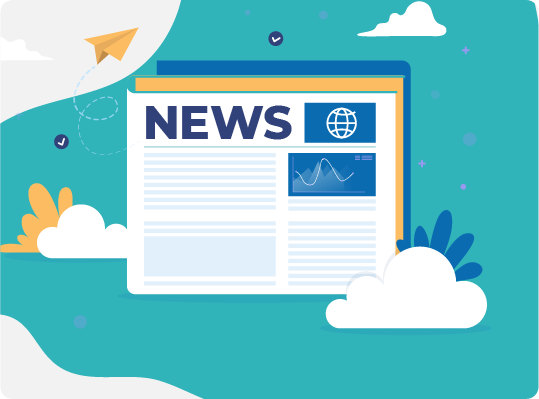Home » Μη κατηγοριοποιημένο » Finalising IO3 – School Program for Primary Education Students
Finalising IO3 - School Program for Primary Education Students
The third intelectual output of the Generation AI Project consists of a programme for primary education students designed to teach the basics of Artificial Intelligence.
Each partner has been in charge of carrying out a part of the programme, divided into 5 blocks. This division has been made with competence 6 of the European framework DigCompEdu in mind.
The lessons plans have been divided into two stages: from 6 to 8 years old, and from 9 to 11 years old. The difficulty increases according to the age of the students.
The blocks of the Programme for Primary Education students:
- Problem Solving
- Content Creation
- Responsible Use
- Information and Media Literacy
- Communication and Collaboration
The structure of the blocks has been designed with the target group in mind: primary education students. Therefore, the first activity is an introductory video of the learning plan they are going to experience. This video lasts between one and two minutes and serves as an introduction to the topic and the lesson.
The second part is a guided activity to learn different elements of AI in everyday life. The focus is to teach the target group that Artificial Intelligence is everywhere in our daily lives, and can help us solve everyday problems.
The last element is the most playful and dynamic. A game or challenge that the students have to solve. These challenges have been designed to be able to play, or to be able to develop the game. They have been made with tools related to Artificial Intelligence, simple, so that the target group can understand them.
One last element is important: a guide for the tutor of the target group. This guide functions as step-by-step instructions to know how to use the whole lesson, to be able to carry it out in the classroom and to be able to adapt it to their group.
Piloting phase
At the moment we are in the piloting phase. That is, to test whether the lessons and activities are suitable for the target group and feasible in schools.
Each partner has to test two learning lessons with primary schools. A basic lesson (6-8 years) and an advanced lesson (9-11).
With the results of this pilot phase a report will be made to collect the data and to be able to observe if the project is sustainable after the end of the pilot phase.

